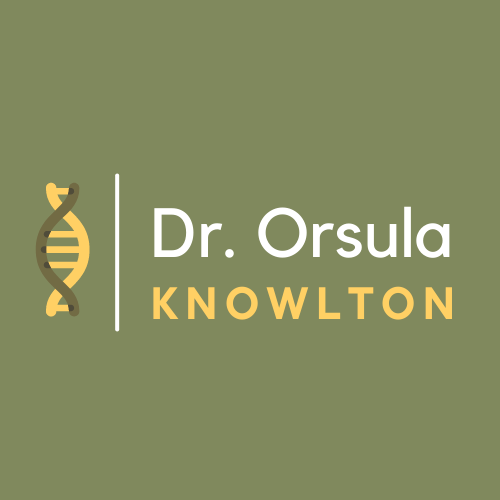In today’s digital age, healthcare organizations constantly seek ways to improve efficiency, reduce costs, and enhance patient care. One technology that has revolutionized the healthcare industry is cloud computing. By leveraging cloud-based data storage and management solutions, healthcare providers can streamline operations, enhance data security, and improve patient outcomes.
1. Cost-Efficiency
Traditional data storage systems often require substantial hardware, software, and maintenance investments. On the other hand, cloud computing eliminates the need for on-premises servers and infrastructure, significantly reducing capital expenses. Healthcare organizations can opt for scalable cloud solutions, paying only for the storage and services they require, which can result in substantial cost savings over time.
2. Scalability and Flexibility
Healthcare data can grow exponentially, especially with the proliferation of electronic health records (EHRs) and medical imaging. Cloud computing offers scalability to accommodate changing data volumes, ensuring healthcare organizations can efficiently manage and access patient information without facing storage limitations. This flexibility allows healthcare providers to adapt to evolving needs seamlessly.
3. Accessibility and Mobility
Cloud-based healthcare data storage enables secure access to patient records and medical information anywhere with an internet connection. This accessibility is invaluable for healthcare professionals needing critical data during emergencies, on the go, or remotely. It enhances collaboration among healthcare teams and facilitates timely decision-making.
4. Enhanced Data Security
Contrary to common misconceptions, cloud computing can offer robust data security measures when adequately configured and managed. Leading cloud service providers invest heavily in security protocols, encryption, and compliance certifications to protect sensitive healthcare data. Cloud environments often feature redundancy and backup systems, reducing the risk of data loss due to hardware failures or disasters.
5. Disaster Recovery and Business Continuity
Healthcare organizations rely on uninterrupted access to patient data. Cloud-based data storage and management solutions typically include robust disaster recovery mechanisms. In a natural disaster, cyberattack, or system failure, healthcare providers can quickly recover data and maintain critical operations, ensuring patients receive uninterrupted care.
6. Efficient Data Backup
Regular data backups are essential in healthcare to prevent data loss and maintain data integrity. Cloud computing streamlines the backup process, automating data replication and storage in geographically dispersed data centers. This redundancy ensures data availability and minimizes the risk of data loss.
7. Interoperability and Integration
Cloud-based healthcare solutions often facilitate interoperability and integration with other healthcare systems, such as EHRs, telemedicine platforms, and analytics tools. Seamless data sharing between systems enables healthcare providers to make more informed decisions, enhance patient care, and streamline administrative tasks.
8. Improved Patient Care and Clinical Decision Support
Access to comprehensive patient data, including medical history, diagnostic images, and laboratory results, empowers healthcare professionals to make more informed clinical decisions. Cloud computing enables real-time data sharing and access to clinical decision support systems, improving patient care outcomes and reducing medical errors.
9. Remote Monitoring and Telemedicine
Telemedicine has gained prominence, especially in light of the COVID-19 pandemic. Cloud computing supports remote monitoring of patients, allowing healthcare providers to track vital signs and health metrics remotely. This approach enhances patient engagement, reduces hospital readmissions, and provides timely interventions when necessary.
10. Compliance and Data Governance
Healthcare organizations must adhere to strict regulatory requirements, such as the Health Insurance Portability and Accountability Act (HIPAA) in the United States. Cloud service providers often offer compliance certifications and robust data governance tools, helping healthcare organizations maintain compliance with healthcare data security regulations.
Cloud computing has transformed healthcare data storage and management by offering cost-efficiency, scalability, security, and accessibility. As healthcare organizations increasingly adopt cloud-based solutions, they gain the agility and flexibility to address evolving patient care needs and regulatory requirements. The benefits of cloud computing in healthcare are not limited to cost savings but extend to improved patient outcomes, enhanced data security, and more efficient healthcare delivery. Embracing cloud technology can position healthcare providers to thrive in an era of rapid digital transformation and evolving healthcare needs.

